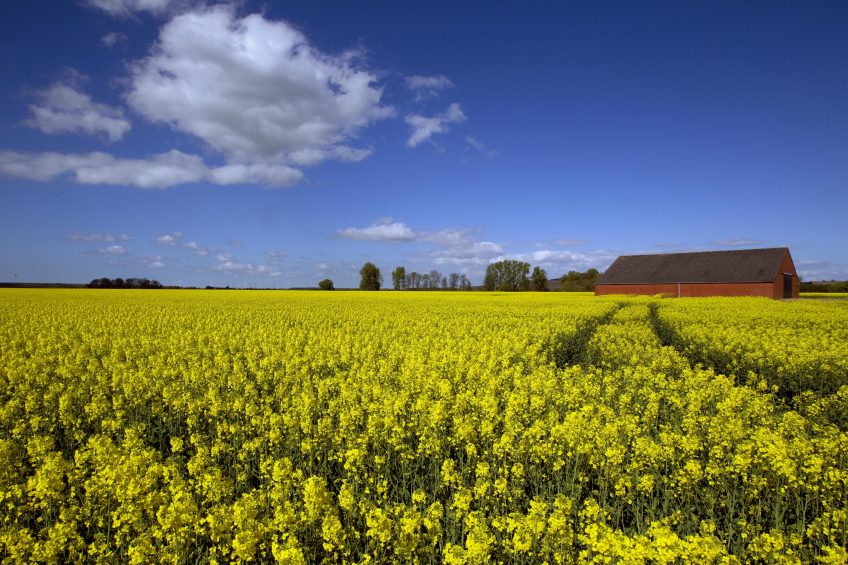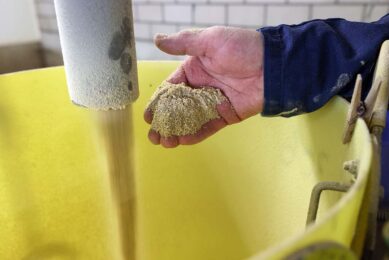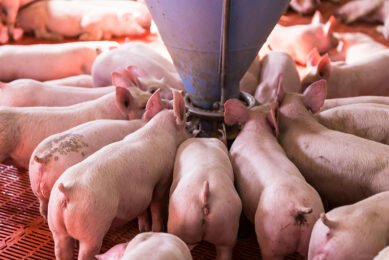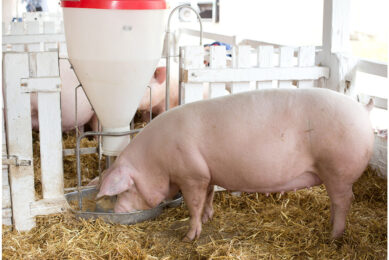Could rapeseed meal replace soy in pig feed?

Pig diets containing significant levels of rapeseed meal and wheat dried distillers grains with solubles (DDGS) can support growth performance compared to soya based diets of similar nutrient specification. This means they have the potential to displace soya in the future.
That was one of the conclusions of research conducted by the ECO FCE, which is an EU FP7 funded project focusing on improving the feed use efficiency and reducing the ecological footprint of pigs and broiler chickens.

Find out more about some of the protein alternatives for soy that are currently seen as promising for livestock and fish diets.
Enzymes and phytogenics tested
While the project has only recently been finished, ECO FCE focused on the impact of nutrition, gut structure and microbiota profile as well as the genomics of the animal to gain a better understanding of the interplay between these key factors in driving feed use efficiency.
Deputy co-ordinator of ECO FCE, Dr Elizabeth Magowan, Agri-Food and Biosciences Institute (AFBI), in Belfast, Northern Ireland, UK, said that dietary formulations aim to make use of raw materials, additives and processes to deliver the required levels of nutrients, in the most available form for absorption by the gut, at least cost.
Inclusion of enzymes and phytogenic feed additives
She said: “To this end we extensively examined the inclusion of enzymes and phytogenic feed additives across a broad spectrum of basal dietary ingredients. Furthermore, processes such as extrusion, soaking and liquid feeding were also examined.
“Low soya diets were a key focus of this research, in keeping with a recognised desire to reduce soya usage across the EU. A combination of rapeseed meal and wheat dried distillers grains with soluble represented the key sources of protein in these low soya diets.”
Read the full article at All About Feed
 Beheer
Beheer








 WP Admin
WP Admin  Bewerk bericht
Bewerk bericht